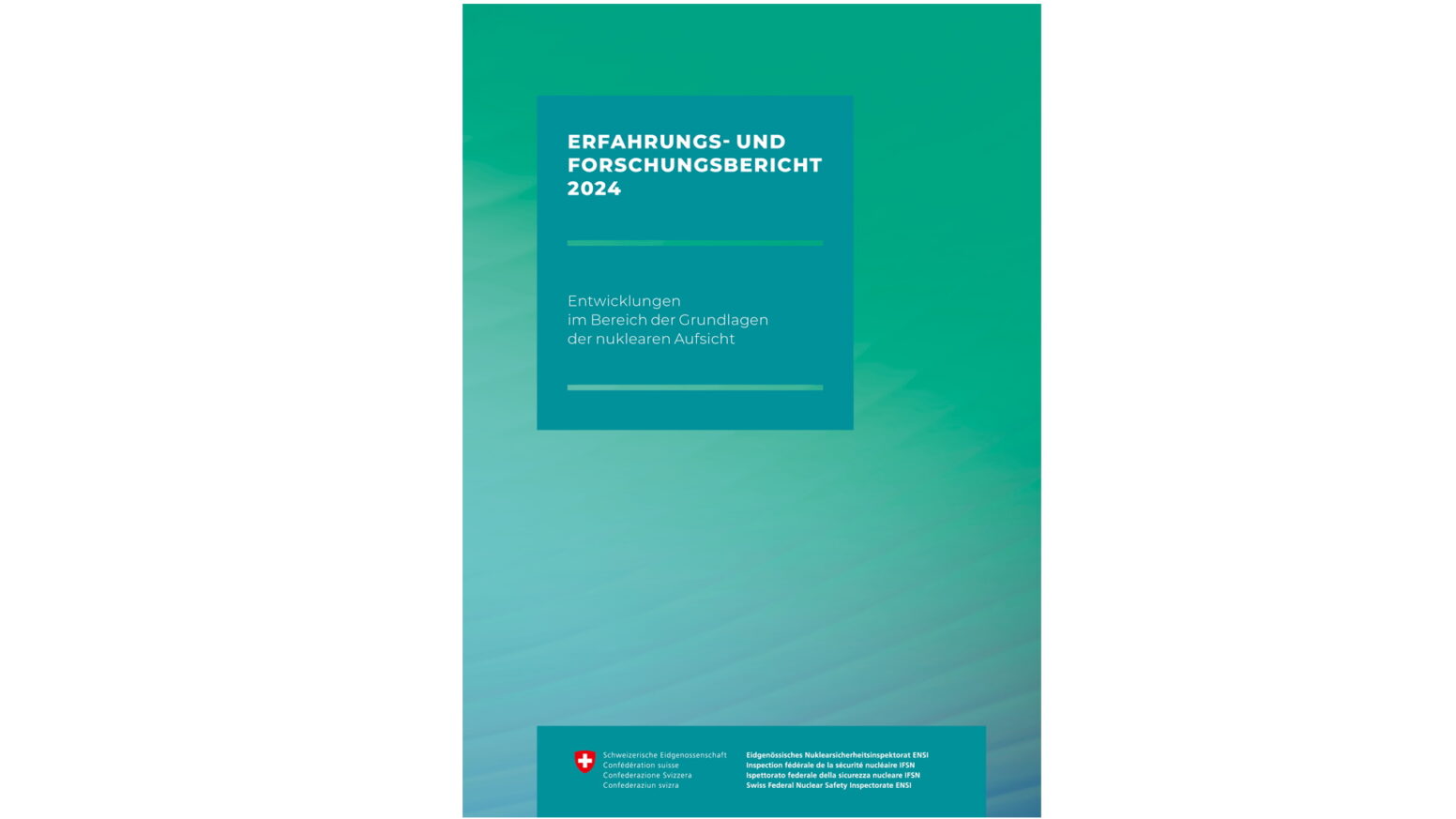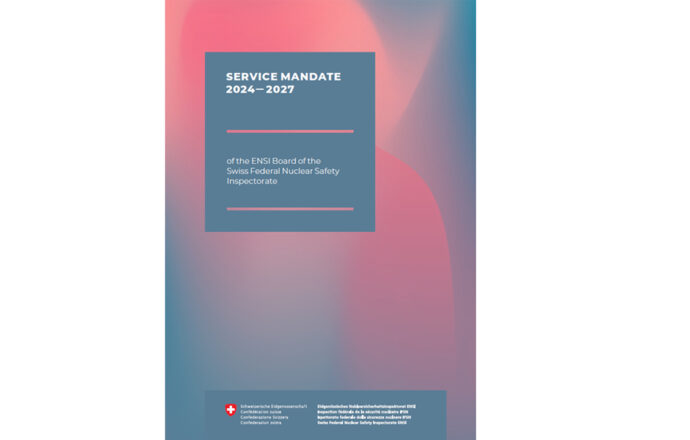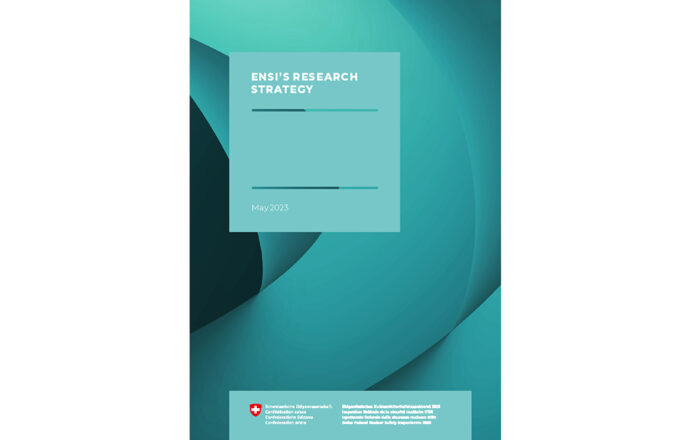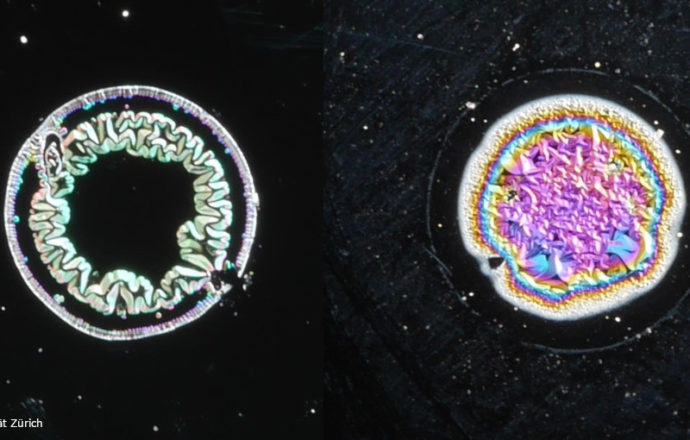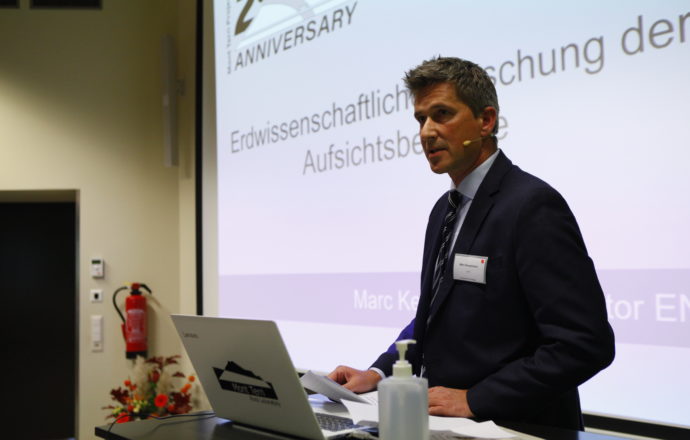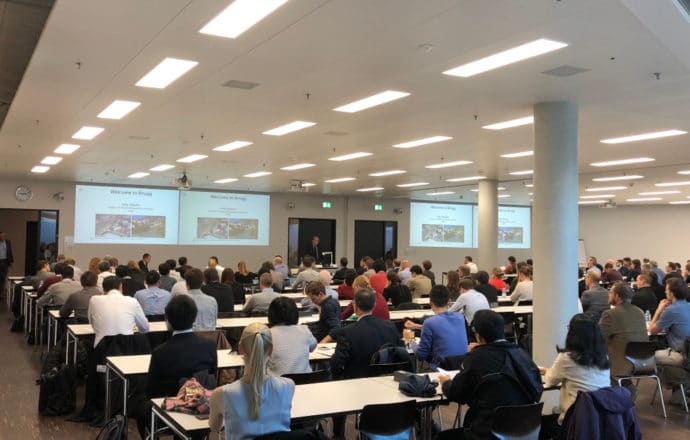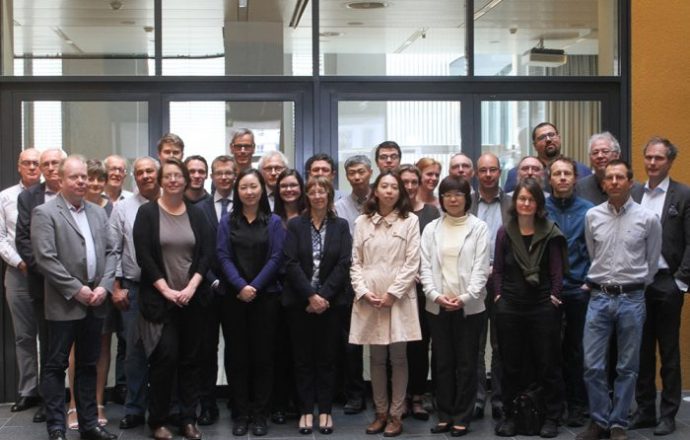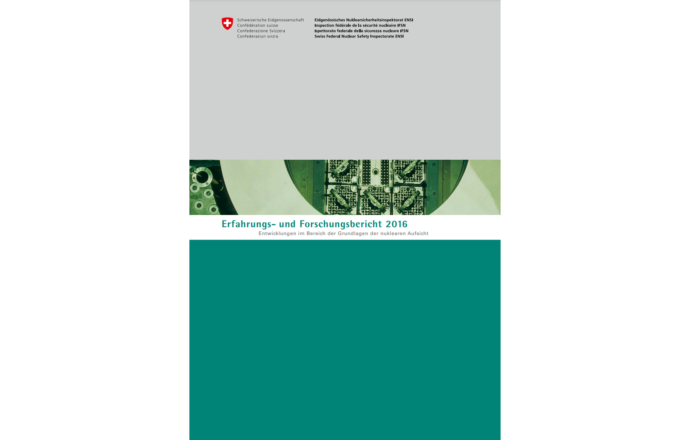ENSI’s research projects generate important background principles for oversight, strengthen independent expertise and enable findings that would not be attainable without international cooperation. The reporting year saw the continuation of existing projects, the successful completion of some, and the targeted launch of new research initiatives.
Important findings for regulatory practice
Several research projects were successfully completed during the reporting year. Particularly noteworthy is the PROACTIV II project carried out by the Paul Scherrer Institute (PSI), which has delivered valuable findings for the oversight of nuclear power plants in long-term operation. Not only do the results strengthen the review of brittle fracture safety proofs for reactor pressure vessels, but the project has also improved understanding of modern calculation methods and their application in emergency cooling scenarios involving thermal shock. Where main coolant circuits are concerned, it provides important contributions to the evaluation of leak before break (LBB) proofs by taking into account stress corrosion cracking. This means that ENSI can better classify probabilistic analyses and assess their limits in a more informed way.
Likewise, the LEAD-II project delivered highly relevant findings, particularly regarding crack growth in reactor pressure vessel steels from boiling water reactors subjected to thermal ageing and neutron embrittlement. Research in this area, which is important for regulatory oversight, will continue with the follow-up project ASSET.
Future research priorities
Research into external events is currently focused on earthquakes and aircraft crashes. ENSI is supporting two further projects in this area. Firstly, the NEA SMATCH project, which uses real-world seismic data from the Cruas Nuclear Power Plant in France to carry out international comparative analyses. Secondly, ENSI is funding a project at North Carolina State University, which is investigating the high-frequency vibration of control cabinets containing electrical components.
In recent years, ENSI has expanded its research into the biological effects of ionising radiation within the field of radiation safety. Since autumn 2024, ENSI has been supporting a new research project at University Hospital Zurich that is, for the first time, looking into the combined effect of ionising radiation and nanoparticles. This interdisciplinary project aims to provide new findings about possible health risks.
By participating in the NEA FAIR project, ENSI hopes to gain new insights into internal events and damage. The project also involves experiments on fire propagation in nuclear installations. Tests at the Cadarache site in France aim to significantly deepen understanding of how fires can develop in nuclear power plants.
Cultural factors at the heart of international cooperation
During the 2024 reporting year, ENSI participated in numerous international conferences. The 7th ENSREG (European Nuclear Safety Regulators Group) conference took place in Brussels on 24 and 25 June 2024, focusing on key developments and challenges relating to nuclear safety both in Europe and worldwide. ENSI participated actively in the discussions.
The 68th General Conference of the International Atomic Energy Agency (IAEA) took place in September, focusing on ‘Sustainability and Safety for a Better Future’. More than 150 member states discussed key issues such as the role of nuclear power in the energy mix and the strengthening of international nuclear safety standards. ENSI stressed the importance of nuclear safety irrespective of the deployed technology.
A highlight in November was the Country-Specific Safety Culture Forum (CSSCF) in Bern. In cooperation with the Nuclear Energy Agency (NEA) and the World Association of Nuclear Operators (WANO), ENSI brought together national and international experts plus representatives of Swiss nuclear installations. The focus of the discussions was the influence of national cultural factors on safety practices in the nuclear industry. In addition to sharing best practices, the forum also addressed topics such as self-reflection and constructive approaches to conflict. The event made an important contribution to strengthening a reflective safety culture both in Switzerland and beyond.
